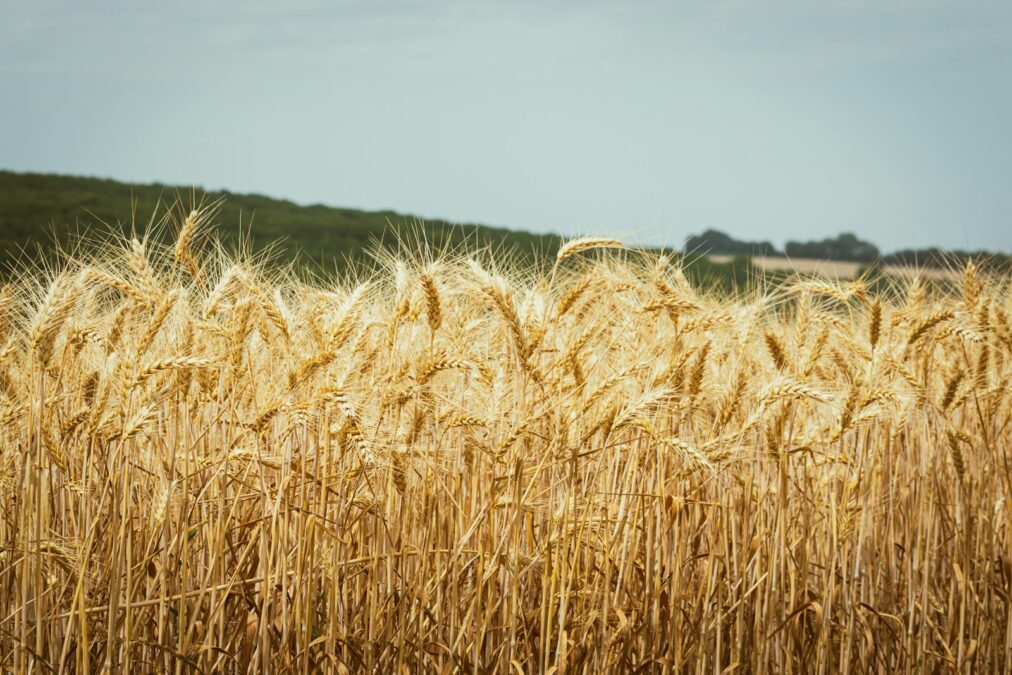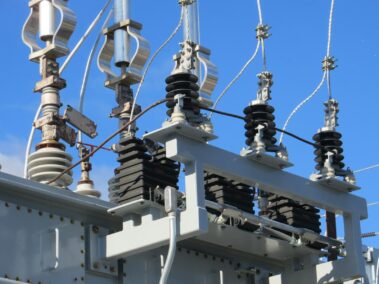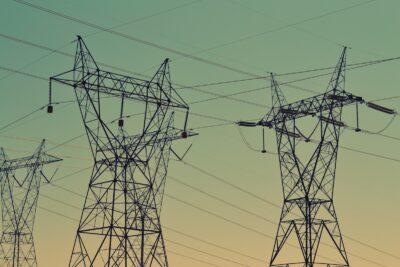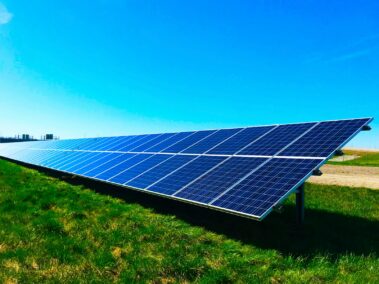Harnessing the Power of Agricultural Residues for Sustainable Energy Production
The Importance of Biomass Energy from Agricultural Residues
Biomass energy from agricultural residues, such as crop stalks and husks, offers a sustainable solution for energy production while providing additional income for farmers and reducing agricultural waste. This renewable energy source leverages the by-products of farming activities, converting them into valuable energy resources. In regions like Saudi Arabia and the UAE, where agricultural activities are significant, the adoption of biomass energy can enhance energy security, promote sustainability, and support the agricultural economy. Cities like Riyadh and Dubai are increasingly exploring the potential of biomass energy to diversify their energy mix and reduce reliance on fossil fuels.
The process of converting agricultural residues into biomass energy involves several stages, including collection, processing, and combustion or anaerobic digestion. During combustion, the organic materials are burned to produce heat, which can then be used to generate electricity. Alternatively, anaerobic digestion involves the breakdown of organic matter in the absence of oxygen, producing biogas that can be used as a fuel. These methods not only provide renewable energy but also help manage agricultural waste effectively.
Integrating advanced technologies such as Artificial Intelligence and Blockchain into biomass energy production can further enhance efficiency and transparency. AI can optimize the collection and processing of agricultural residues, ensuring maximum energy output and minimal waste. Blockchain technology can provide a secure and transparent platform for tracking the production and distribution of biomass energy, ensuring data integrity and fostering trust among stakeholders.
Innovative Approaches to Biomass Energy Production
Artificial Intelligence plays a crucial role in optimizing the biomass energy production process. AI algorithms can analyze vast amounts of data from agricultural operations to predict the availability of residues and optimize their collection and processing. For instance, AI can forecast crop yields and residue generation, enabling efficient planning and resource allocation. This predictive capability is vital for ensuring a steady supply of feedstock for biomass energy production, enhancing overall system efficiency.
Blockchain technology enhances the transparency and security of biomass energy transactions. By creating an immutable ledger of energy production and consumption data, Blockchain ensures that all transactions are accurate and tamper-proof. This transparency is essential for building trust among energy producers, consumers, and regulators. In regions like the UAE and Saudi Arabia, where energy security and sustainability are paramount, Blockchain can facilitate the integration of biomass energy into the broader energy market.
The Metaverse and Generative Artificial Intelligence offer innovative solutions for managing and optimizing biomass energy production. The Metaverse provides a virtual environment where stakeholders can visualize and interact with biomass energy systems, enabling better planning and collaboration. For example, city planners in Dubai can use the Metaverse to simulate the impact of large-scale biomass energy deployments, assess potential benefits, and develop comprehensive energy strategies. Generative AI can enhance system design by creating optimized configurations for biomass processing facilities, maximizing energy production and efficiency.
Business Success Through Biomass Energy Adoption
For business executives, mid-level managers, and entrepreneurs, investing in biomass energy from agricultural residues is a strategic decision that can drive business success and sustainability. In regions where agricultural activities are prominent, such as Saudi Arabia and the UAE, deploying biomass energy technology can significantly reduce operational costs and enhance corporate social responsibility efforts. By harnessing biomass energy, businesses can lower their carbon footprint, contribute to waste reduction, and support the agricultural sector.
Leadership and management skills are crucial in implementing effective biomass energy projects. Business leaders who prioritize the integration of advanced technologies into biomass energy production demonstrate a commitment to sustainability and innovation. This proactive approach not only protects the business’s bottom line but also enhances its reputation as a responsible and forward-thinking organization. In regions like Riyadh and Dubai, where economic stability is closely tied to energy security, such foresight is invaluable.
Moreover, the adoption of biomass energy can provide businesses with a competitive edge. Companies that can ensure a reliable and sustainable energy supply are more likely to attract investment and customer loyalty. By leveraging the latest in biomass energy technology, businesses can position themselves as industry leaders, setting an example for others to follow. This commitment to innovation and environmental responsibility not only ensures business success but also contributes to the overall health and well-being of the community.
Conclusion: The Future of Biomass Energy from Agricultural Residues
As we look to the future, the deployment of biomass energy systems utilizing agricultural residues will continue to play a crucial role in enhancing energy security and sustainability. The integration of AI, Blockchain, the Metaverse, and generative AI represents a transformative approach to biomass energy, offering unprecedented efficiency and reliability. For regions like Saudi Arabia and the UAE, these advancements are essential for ensuring a sustainable and environmentally responsible future.
In conclusion, the continuous enhancement of biomass energy production through the integration of real-time data and advanced technologies is not just a technological advancement but a necessity for modern urban living. It reflects a commitment to leveraging innovation for the greater good, ensuring that we are always prepared for the unexpected. As we move forward, it is imperative that we continue to invest in these technologies and integrate them into our energy management frameworks, setting the stage for a cleaner and more sustainable future.
#BiomassEnergy #AgriculturalResidues #RenewableEnergy #Sustainability #ArtificialIntelligence #Blockchain #Metaverse #EnvironmentalManagement #SaudiArabia #UAE #Riyadh #Dubai #BusinessSuccess #Leadership #ManagementSkills #ProjectManagement























